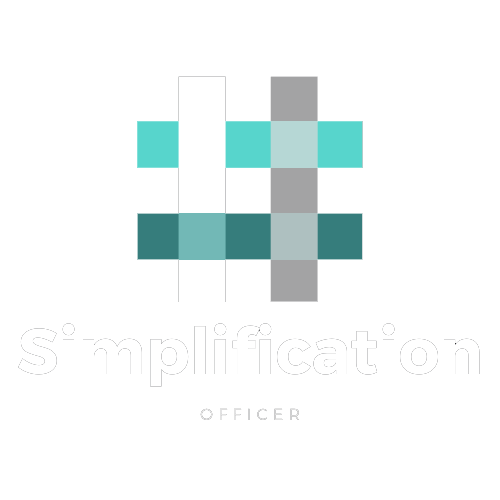In this rapidly changing world where change itself has changed, we need more people to be part of the system to provide evolutionary, disruptive and open innovation! Internet connections, data storage, mobile devices, genome sequencing, everything today is growing at an exponential rate where organizations need to be more adaptive, and change as fast as change itself.
Top-down controlled, managed organizations are bound to die as there is no time to aks for permission! The only way to survive in this new world is to get your organization to engage with their (potential) customers and with their employees in order to find the change it needs to survive within this jungle of opportunities. Being slow is not an option anymore! Producing low quality is not an option anymore!
Neglecting your customers is not an option anymore!
One of the options at hand is to grow self-organizing mechanisms within your organization that are empowered to swiftly act upon the opportunities at hand. But how do you manage to empower teams in such a way that it is useful and beneficiary to the organization? As we support many organizations we have discovered a lot of helpful tools and techniques: RACI, LRC, DACI, Situational Leadership… and many more.
All of them have some truth in them but there is only one that we experienced that works 8 out of 10 times instead of occasionally: “Delegation Poker” in combination with “Authority Boards”.
Why is that?
Delegation poker is a merge of many other models, which considers the complexity of delegation or empowering teams! It provides you an easy guideline to grow the competences of people in order to be able to take on the authority given by their manager. The delegation poker technique recognizes that one cannot just delegate everything to the team, and that people need to learn how to handle their freedom in a responsible manner. The technique takes into consideration that the optimal level of authorization depends on people’s competence and the organizational impact of decisions. Using the above mentioned technique to build and maintain so-called “authority boards” provides you the most optimal tool to grow empowered teams throughout your organization, and keep the associated job descriptions clear and easy to grasp. As it is the purpose to use the delegation poker technique with the manager and team(s) involved, you get an immediate understanding of what is possible and not possible, of what can and cannot be done… There will be no misunderstandings in this matter, so you can avoid the cost of failure, not only monetary but also emotionally.
Misunderstandings about what is allowed and what is not have resulted in a lot of frustrations top-down as well as bottom-up, and generated a lot of cost to get this sorted out. Not mentioning the cost of mistakes made due to the lack of knowledge of the decision makers. The most important thing about the tool is that it supports the discussion that needs to be held with the manager and his/her teams!
Within this collaborative session of playing delegation poker you’ll discover the wants, needs of each person around the table and how to deal with them. You’ll discover the knowledge within and within this knowledge you learn to grow together. Delegation poker will support this quest and makes the art of delegation as simple as it can be, challenging each participant to go just this one, small step further by providing 7 steps to delegation. Questioning yourself on how to get something just that one step further makes it easy to move forward, reduces the risk of failure and allows people to grow the necessary competences.

- Tell – The manager takes the decision and tells the others
- Sell – The manager takes the decision and sells the idea to the others
- Consult – The managers asks for input from others before making the decision
- Agree – The manager and all others fully agree, not one vote weight more than the other, consensus
- Advise – The manager is giving his/her opinion but it is the team or a person in the team that decides at the end
- Inquire – The team will make the decision and informs the manager what has been decided
- Delegate – The team will make the decision and no further information has to be given to the manager
Take a look at the above seven levels of authority, then ask yourself the following question: “What would it take us to go from 2 to 3? Or from 4 to 5?” Easy to answer isn’t it? That’s how you grow competent and empowered teams, or what some would like to call self-organization.
Delegation poker: the art of delegation made fun, easy and collaborative.
Join me during our upcoming Re:Think – Work=Play? conference to get a taste of the power of delegation poker and many other effective organizational tools.
When? 8 Maart 2013 Where? Ter Elst, Edegem (Antwerp, BE) How Much? 225€
PS: You could also join one of our upcoming Management 3.0 trainings as this technique is one of the many provided.



